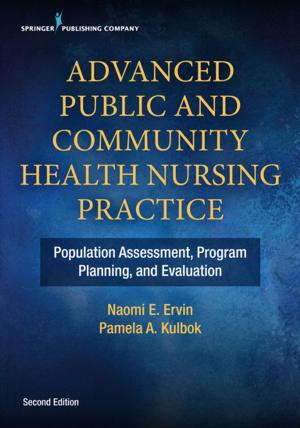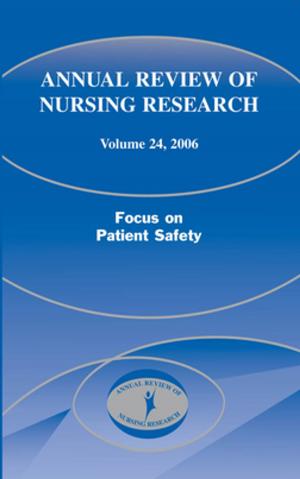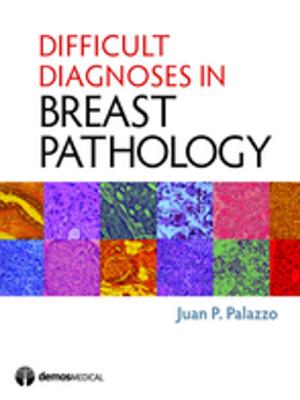The Handbook of Stress Science
Biology, Psychology, and Health
Nonfiction, Health & Well Being, Medical, Ailments & Diseases, Diseases, Psychology| Author: | ISBN: | 9780826117717 | |
| Publisher: | Springer Publishing Company | Publication: | September 29, 2010 |
| Imprint: | Springer Publishing Company | Language: | English |
| Author: | |
| ISBN: | 9780826117717 |
| Publisher: | Springer Publishing Company |
| Publication: | September 29, 2010 |
| Imprint: | Springer Publishing Company |
| Language: | English |
"[F]or those who are entering the field or who want to broaden their perspective, I believe that this Handbook is indispensible. More than just a contribution to the field, the Handbook may well become a classic.
PsycCRITIQUES
This is an important book about the scientific study of stress and human adaptation. It brings together both empirical data and theoretical developments that address the fundamental question of how psychosocial variables get inside the body to influence neurobiological processes that culminate in physical disease. -David C. Glass, PhD
Emeritus Professor of Psychology Stony Brook University
(From the Foreword)
Edited by two leading health psychologists, The Handbook of Stress Science presents a detailed overview of key topics in stress and health psychology. With discussions on how stress influences physical health-including its effects on the nervous, endocrine, cardiovascular, and immune systems-the text is a valuable source for health psychologists, as well as researchers in behavioral medicine, neuroscience, genetics, clinical and social psychology, sociology, and public health.
This state-of-the-art resource reviews conceptual developments, empirical findings, clinical applications, and investigative strategies and tools from the past few decades of stress research. It represents all major approaches to defining stress and describes the themes and developments that characterize the field of health-related stress research.
The five sections of this handbook cover:
- Current knowledge regarding the major biological structures and systems that are involved in the stress response
- Social-contextual contributions to stress and to processes of adaptation to stress, including the workplace, socioeconomic status, and social support
- The concept of cognitive appraisal as it relates to stress and emotion psychological factors influencing stress such as, personality, gender, and adult development
- The evidence linking stress to health-related behaviors and mental and physical health outcomes
- Research methods, tools, and strategies, including the principles and techniques of both laboratory experimentation and naturalistic stress research
"
"[F]or those who are entering the field or who want to broaden their perspective, I believe that this Handbook is indispensible. More than just a contribution to the field, the Handbook may well become a classic.
PsycCRITIQUES
This is an important book about the scientific study of stress and human adaptation. It brings together both empirical data and theoretical developments that address the fundamental question of how psychosocial variables get inside the body to influence neurobiological processes that culminate in physical disease. -David C. Glass, PhD
Emeritus Professor of Psychology Stony Brook University
(From the Foreword)
Edited by two leading health psychologists, The Handbook of Stress Science presents a detailed overview of key topics in stress and health psychology. With discussions on how stress influences physical health-including its effects on the nervous, endocrine, cardiovascular, and immune systems-the text is a valuable source for health psychologists, as well as researchers in behavioral medicine, neuroscience, genetics, clinical and social psychology, sociology, and public health.
This state-of-the-art resource reviews conceptual developments, empirical findings, clinical applications, and investigative strategies and tools from the past few decades of stress research. It represents all major approaches to defining stress and describes the themes and developments that characterize the field of health-related stress research.
The five sections of this handbook cover:
- Current knowledge regarding the major biological structures and systems that are involved in the stress response
- Social-contextual contributions to stress and to processes of adaptation to stress, including the workplace, socioeconomic status, and social support
- The concept of cognitive appraisal as it relates to stress and emotion psychological factors influencing stress such as, personality, gender, and adult development
- The evidence linking stress to health-related behaviors and mental and physical health outcomes
- Research methods, tools, and strategies, including the principles and techniques of both laboratory experimentation and naturalistic stress research
"















